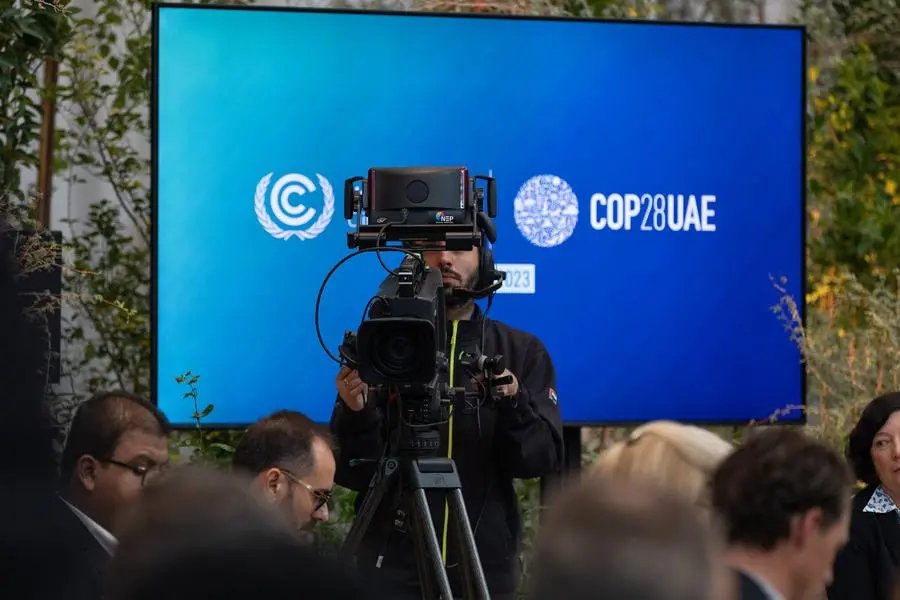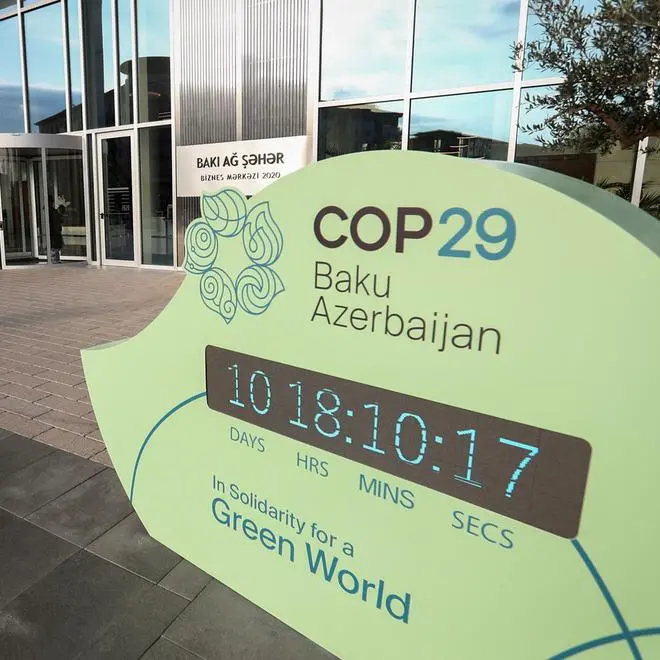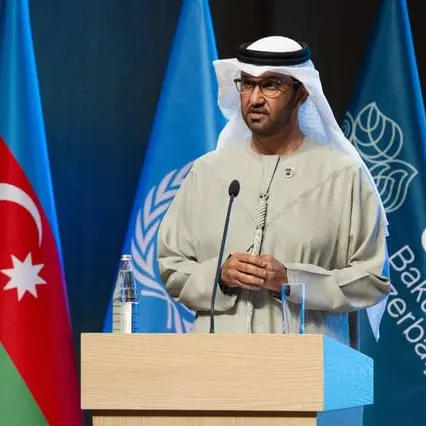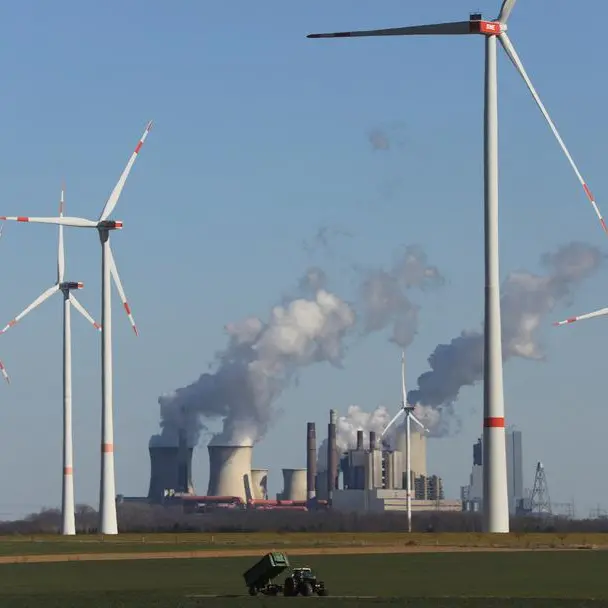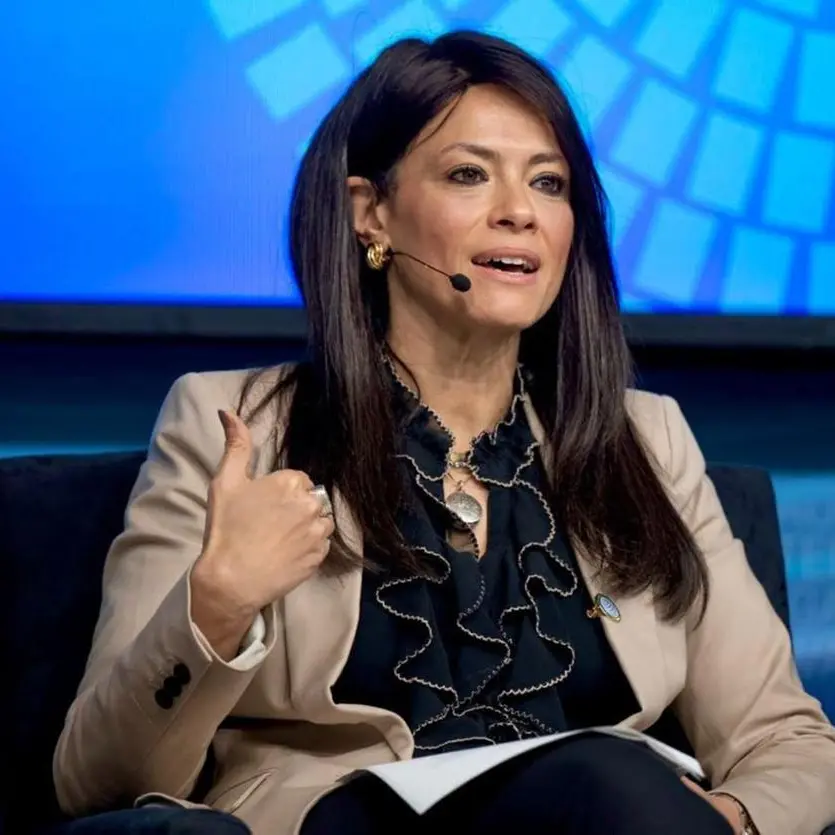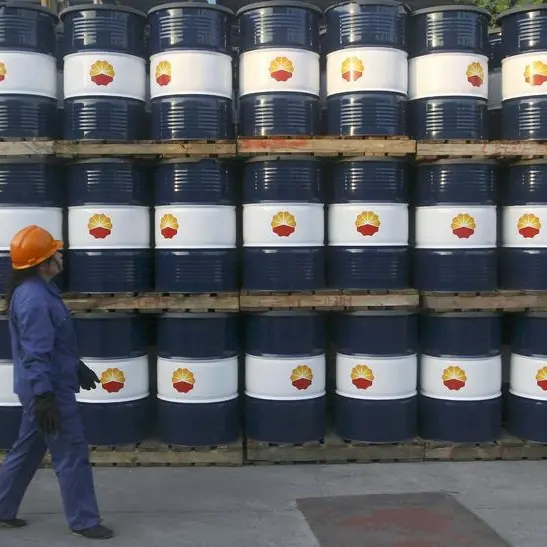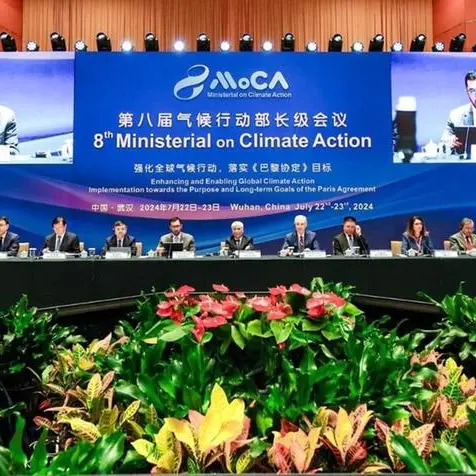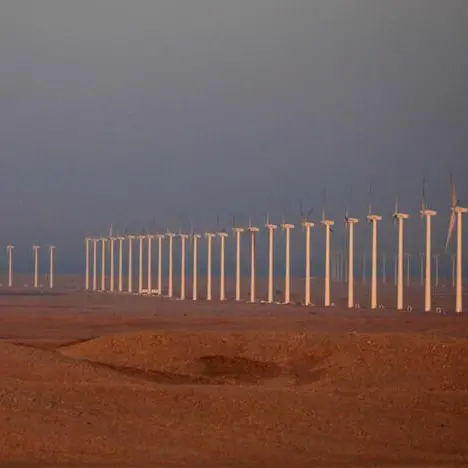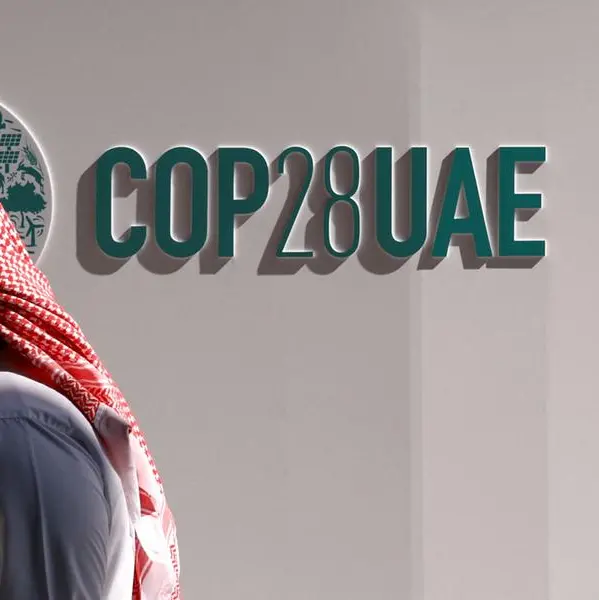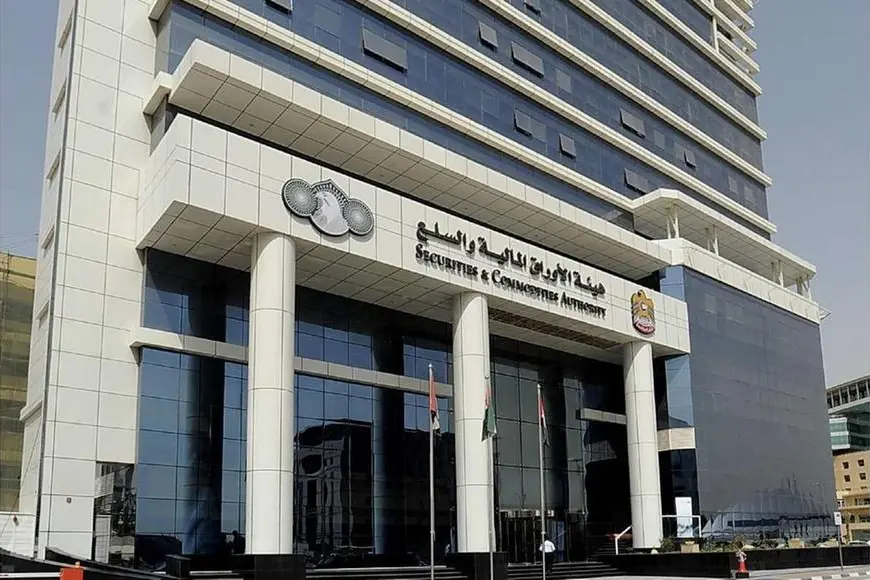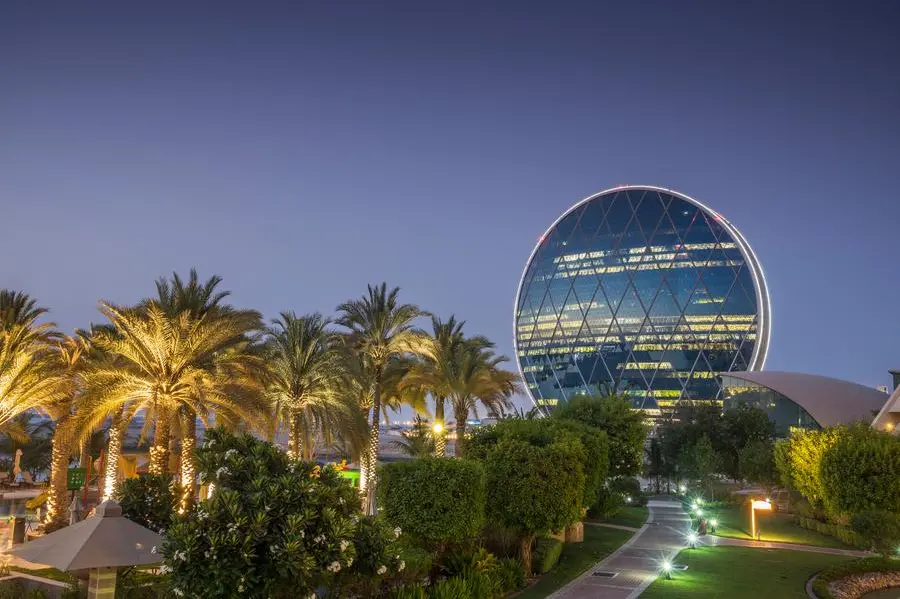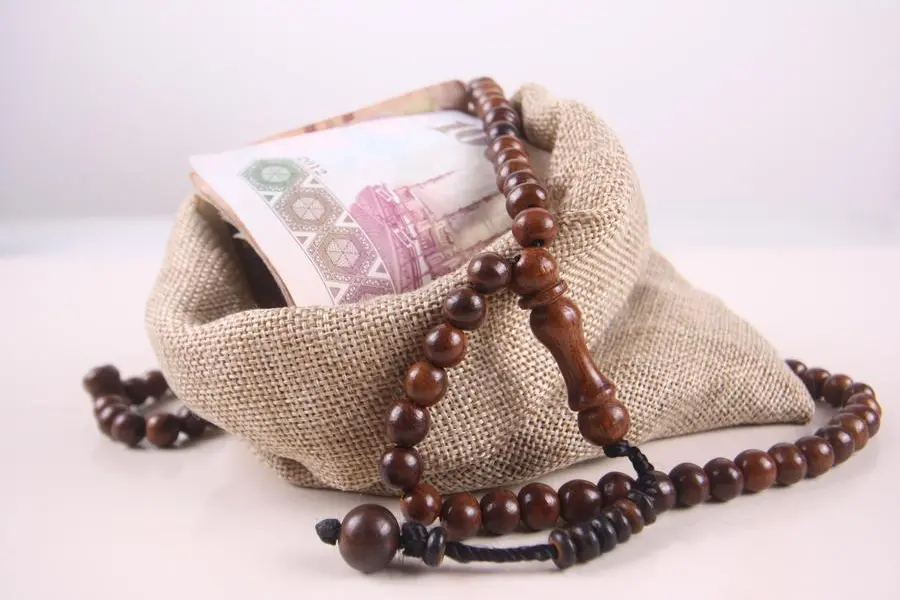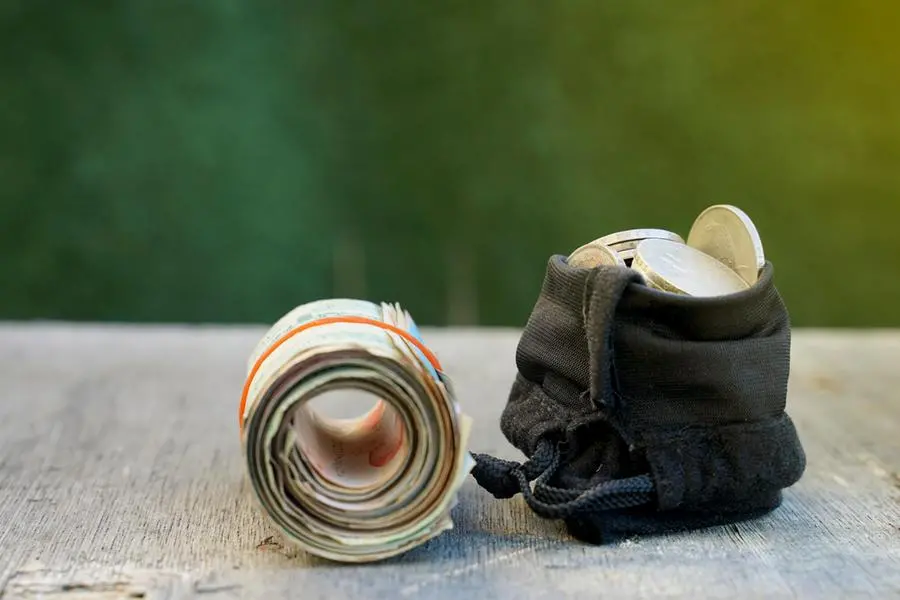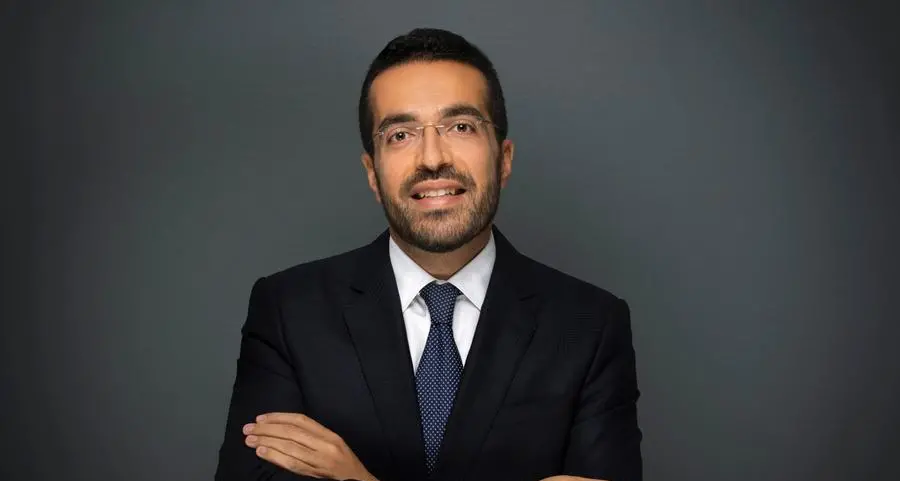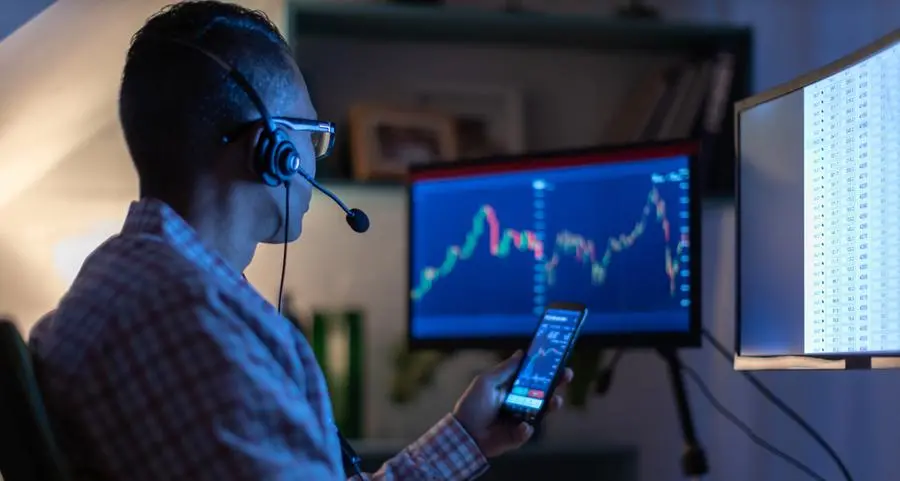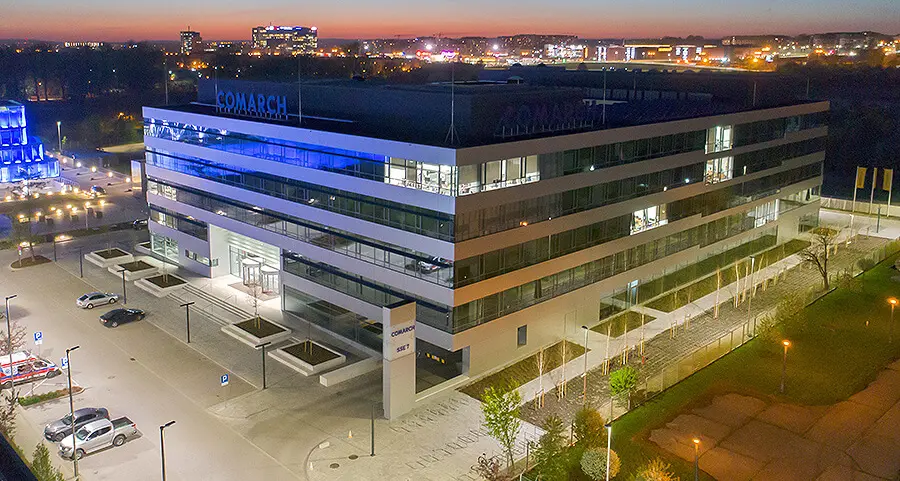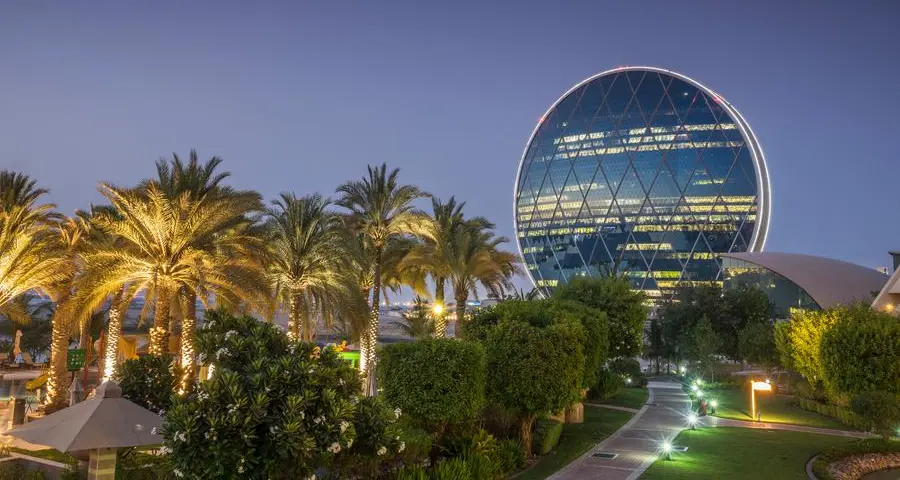PHOTO
Francisco Vera, a 14-year-old climate activist from Colombia, travelled to COP28 in Dubai with a clear message: put children and adolescents at the centre of climate policies and decisions.
He participated in an event alongside the Alana Institute, a Brazilian NGO focused on promoting a better world for children, and the Minister of Environment of Brazil, Marina Silva, to advocate for COP30 in Belém, Brazil.
Vera believes including children's voices in climate discussions is crucial, especially for those most vulnerable to the climate crisis. He defines himself as an "advocate for the concept of Eco Hope" and emphasises that children are not only more severely affected by the crisis but also agents of change.
"For me, for my struggle, it is essential to be here today on this day of COP28, on the day of children, of childhood, for the first time in history that there is a day for young people," Francisco Vera told the Emirates News Agency (WAM). "It is extraordinary, mainly because my fight, even beyond the environment and the climate, is for the future that children will have."
Last June, UNICEF recognised Vera as the first youth advocate for environmental and climate action in Latin America and the Caribbean. He believes that children can and do contribute to climate action, stating, "Although we haven't lived as long as many others and don't have all the wisdom in the world, we do have a bit of experience and a long-term vision."
"Although we haven't lived as long as many others and don't have all the wisdom in the world, we do have a bit of experience and a long-term vision", said Vera, who is based in Spain.
He added, "And I think that if we give children the knowledge, if we give them the tools, they can have a basis for contributing to the climate discussion in a strong and vigorous way."
Pedro Hartung, CEO of the Alana Foundation and Legal Policy Director, emphasised the importance of recognising the severe impacts of the climate crisis on children and the need for nature-based education. He stated that approximately 1 billion children live in conditions of extremely high climate risk and that more than one in four deaths of children under five is linked to environmental risks.
Hartung further argued that children are not only more affected by the crisis but also agents of change. He proposed establishing a Children's Action Plan from Dubai to Belém to empower children through nature-based education, training, and awareness-raising, enabling them to participate actively in climate action.
Hartung added that bringing children into the climate change debate is essential because they are not only more severely affected by the crisis than other groups but also agents of change in the present and future.
As the world meets in Dubai to discuss climate action, Pedro Hartung is clear: involving children in climate discussions contributes to building a more sustainable and inclusive future.
"COP28 in Dubai to COP30 in Belém in Brazil should be seen as an opportunity to establish a positive legacy for children around the world, recognising their role and ensuring concrete actions for their well-being in the present and a sustainable and healthy future for children, their families and the planet itself as a whole," Hartung concluded.
Children demand more action at COP28
On the evening of the day dedicated to Youth, Children, Education and Skills, Alana and UNICEF screened a short film with children from 12 countries around the world on the Al Wasl dome. The movie showed how climate change affects their lives and what they expect from world leaders at COP28.
The short film contained lines such as "I don't think adults are doing anything about climate change", "Stop fighting and let's focus on what really matters", "We're already poor, and if climate change continues, we'll be in big trouble", and "If you keep burning, we're going to die in this heat.".
These voices were brought to COP28 through the audiovisual project called "What Matters", a collaboration between UNICEF and Alana. It aims to draw the attention of representatives and participants to the urgency of recognising their specific needs amid the environmental crisis.
